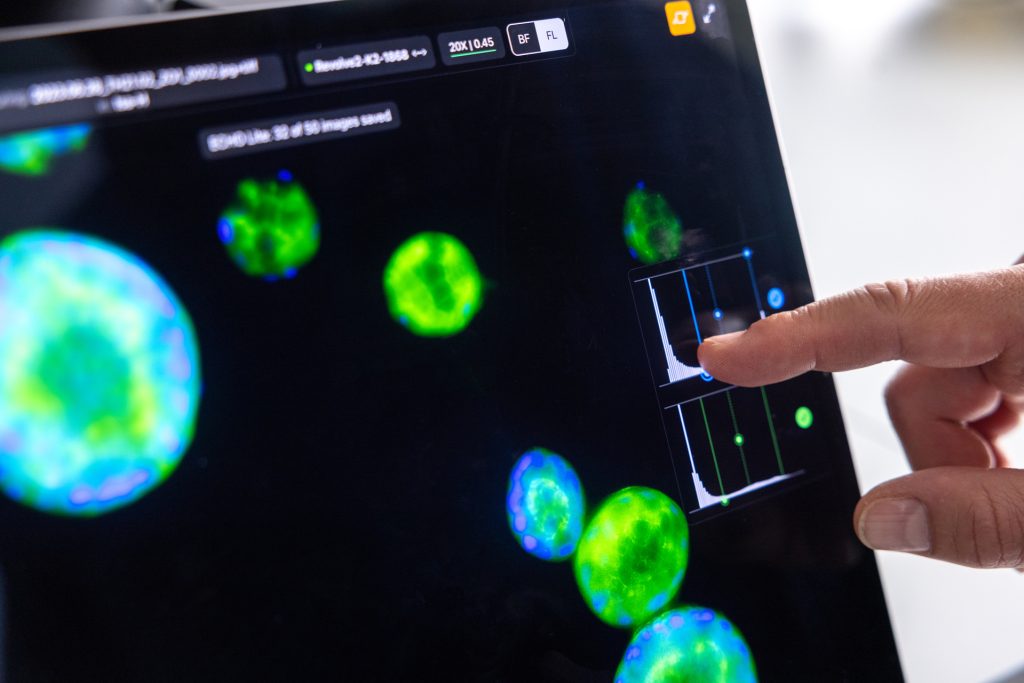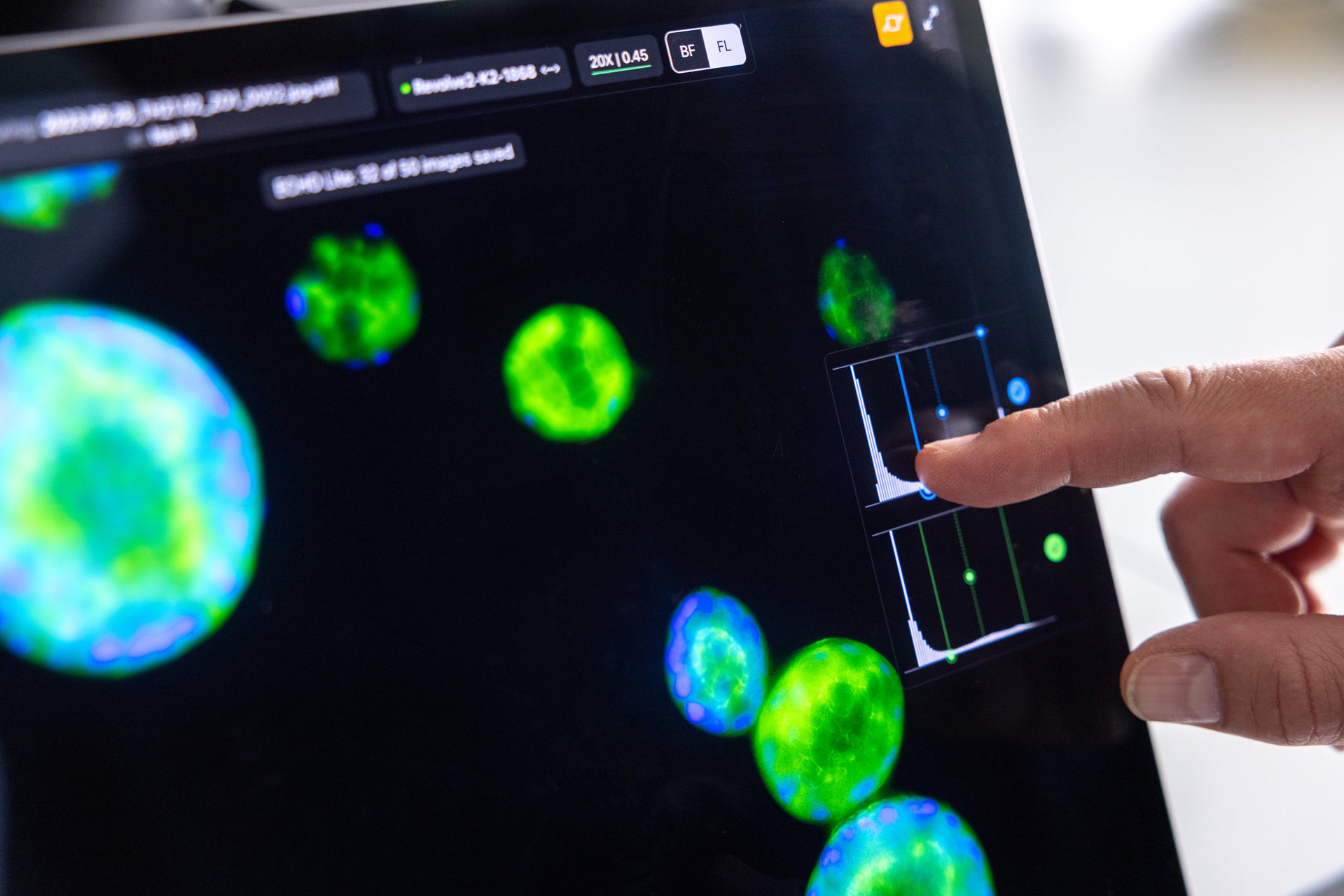It is essential to strive for best practices in any field of science. At Imperial College London researchers and staff are innovating everyday, constantly re-thinking how to minimise the use of animals in research and maximise the welfare of the animals where there is not yet a valid alternative. Here is a selection of examples showing how Imperial College London researchers and staff have re-thought their approaches to improve the 3Rs in various fields.
Our 3Rs researchers stories

Turning People Inside Out
Re-thinking the approach often means embracing new challenges to test alternative approach to your study. In this article several Imperial researchers explain how they re-thought their work to apply new technologies and replace/refine the use of animals in their projects.
Do you feel inspired from these stories? Check out more resources materials to re-think your approach to animal research.
Our 3Rs PhD Students stories
Super-resolution ultrasound imaging
Learning to re-thinking the approach starts from the early stage of a scientific career. The 3Rs Hub nurture the scientists of the future encouraging them to apply the 3Rs in their work. This poster won the best poster awards from the 3Rs PhD Students category at the 2023 Animal Research Forum.
Do you feel inspired from these stories? Check out more educational materials to learn how to re-think your approach to animal research. You can also find more Imperial 3Rs PhD students project examples in the 3Rs PhD Examples section
Our 3Rs Funding Stories
Reducing animal usage through longitudinal in vivo imaging
Rethinking the approach needs teamwork and the 3Rs Hub support teamwork with ad-hoc fundings to enhance the 3Rs applications in research projects. In this summary Imperial researchers explain how they teamed with the CBS staff to reduce animal usage in the vaccine discovery field.
Do you feel inspired from this work? Look at our funding opportunities and resources available at Imperial to help re-thinking your approach.
The aim of my work is to replace animal-derived antibodies in diagnostic and therapeutic applications with synthetic alternatives, in the form of molecularly imprinted polymer (MIP) nanoparticles. These plastic antibodies are low cost, easy to produce, highly customisable and require no animal-derived materials in order to achieve similar affinity and specificity to their natural counterparts.
Josie, Molecular Bioengineering Masters student

